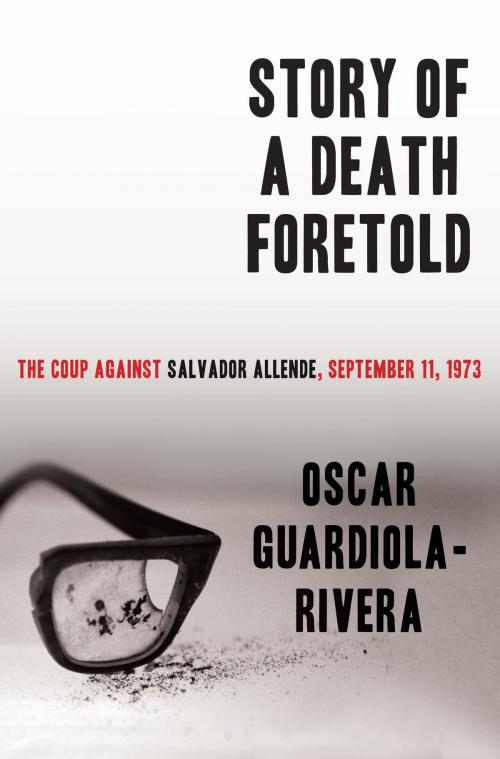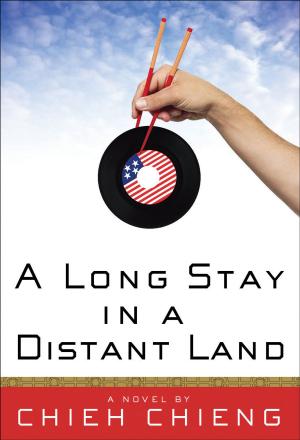Story of a Death Foretold
The Coup Against Salvador Allende, September 11, 1973
Nonfiction, History, Americas, South America, Revolutionary, Social & Cultural Studies, Political Science, Politics, History & Theory| Author: | Oscar Guardiola-Rivera | ISBN: | 9781608199013 |
| Publisher: | Bloomsbury Publishing | Publication: | November 5, 2013 |
| Imprint: | Bloomsbury Press | Language: | English |
| Author: | Oscar Guardiola-Rivera |
| ISBN: | 9781608199013 |
| Publisher: | Bloomsbury Publishing |
| Publication: | November 5, 2013 |
| Imprint: | Bloomsbury Press |
| Language: | English |
On the fortieth anniversary of revolution and rebellion in Chile, a searching history of the rise and fall of the world's first and only democratically elected Marxist president.
On September 11, 1973, President Salvador Allende of Chile was deposed in a violent coup led by General Augusto Pinochet. The coup had been in the works for months, even years. Shortly after giving a farewell speech to his people, Allende died of gunshot wounds-whether inflicted by his own hand or an assassin's remains uncertain. Pinochet ruled Chile for a quarter century, but the short rise and bloody fall of Allende is still the subject of fierce historical debate.
In a world in the throes of the Cold War, the seeming backwater of Chile became the host of a very hot conflict-with Henry Kissinger and the Western establishment aligned with Pinochet's insurgents against a socialist coalition of students, workers, Pablo Neruda, and folk singers, led by the brilliant ideologue Allende. Revolution and counterrevolution played out in graphic detail, moving the small South American nation to the center of the world stage in the dramatic autumn of 1973. Now the rising young scholar Oscar Guardiola-Rivera gives us a tour de force account of a historical crossroads, tracing the destiny of democracy, and the paths of power, money, and violence that still shadow Latin America and its relations with the United States.
On the fortieth anniversary of revolution and rebellion in Chile, a searching history of the rise and fall of the world's first and only democratically elected Marxist president.
On September 11, 1973, President Salvador Allende of Chile was deposed in a violent coup led by General Augusto Pinochet. The coup had been in the works for months, even years. Shortly after giving a farewell speech to his people, Allende died of gunshot wounds-whether inflicted by his own hand or an assassin's remains uncertain. Pinochet ruled Chile for a quarter century, but the short rise and bloody fall of Allende is still the subject of fierce historical debate.
In a world in the throes of the Cold War, the seeming backwater of Chile became the host of a very hot conflict-with Henry Kissinger and the Western establishment aligned with Pinochet's insurgents against a socialist coalition of students, workers, Pablo Neruda, and folk singers, led by the brilliant ideologue Allende. Revolution and counterrevolution played out in graphic detail, moving the small South American nation to the center of the world stage in the dramatic autumn of 1973. Now the rising young scholar Oscar Guardiola-Rivera gives us a tour de force account of a historical crossroads, tracing the destiny of democracy, and the paths of power, money, and violence that still shadow Latin America and its relations with the United States.















